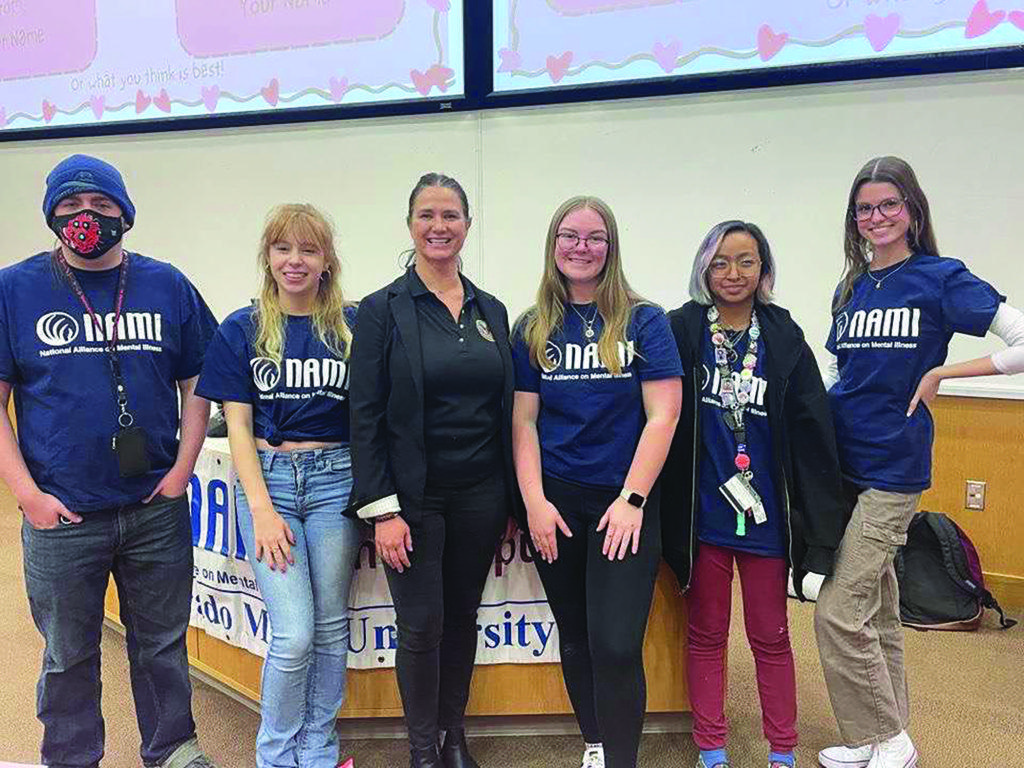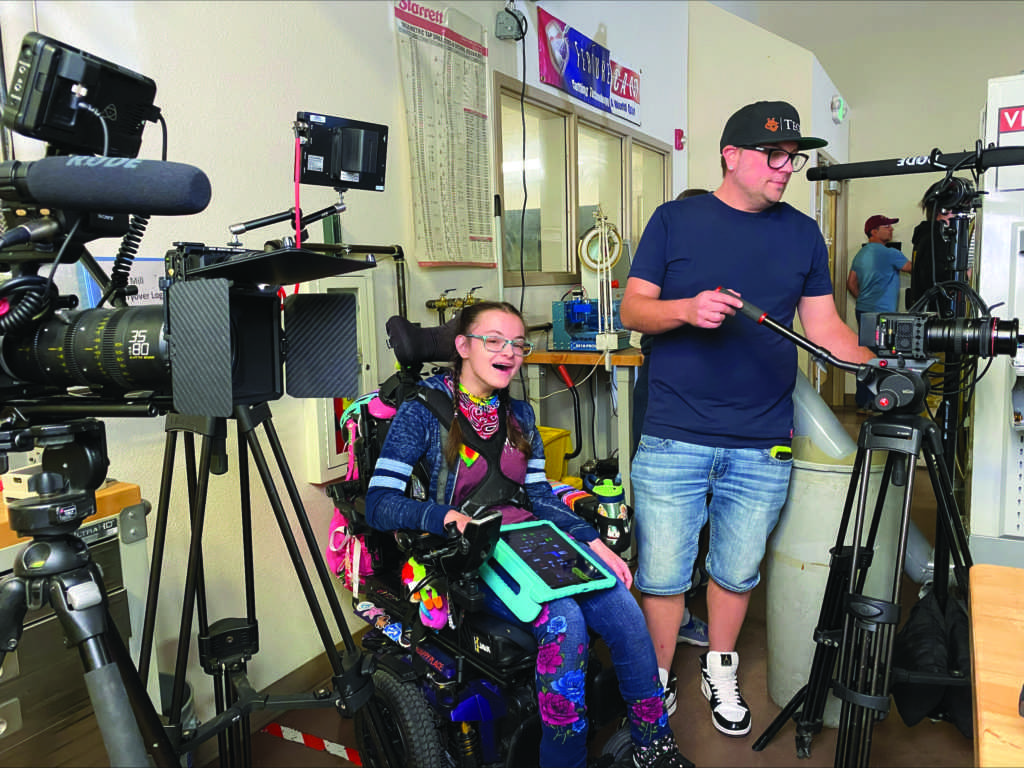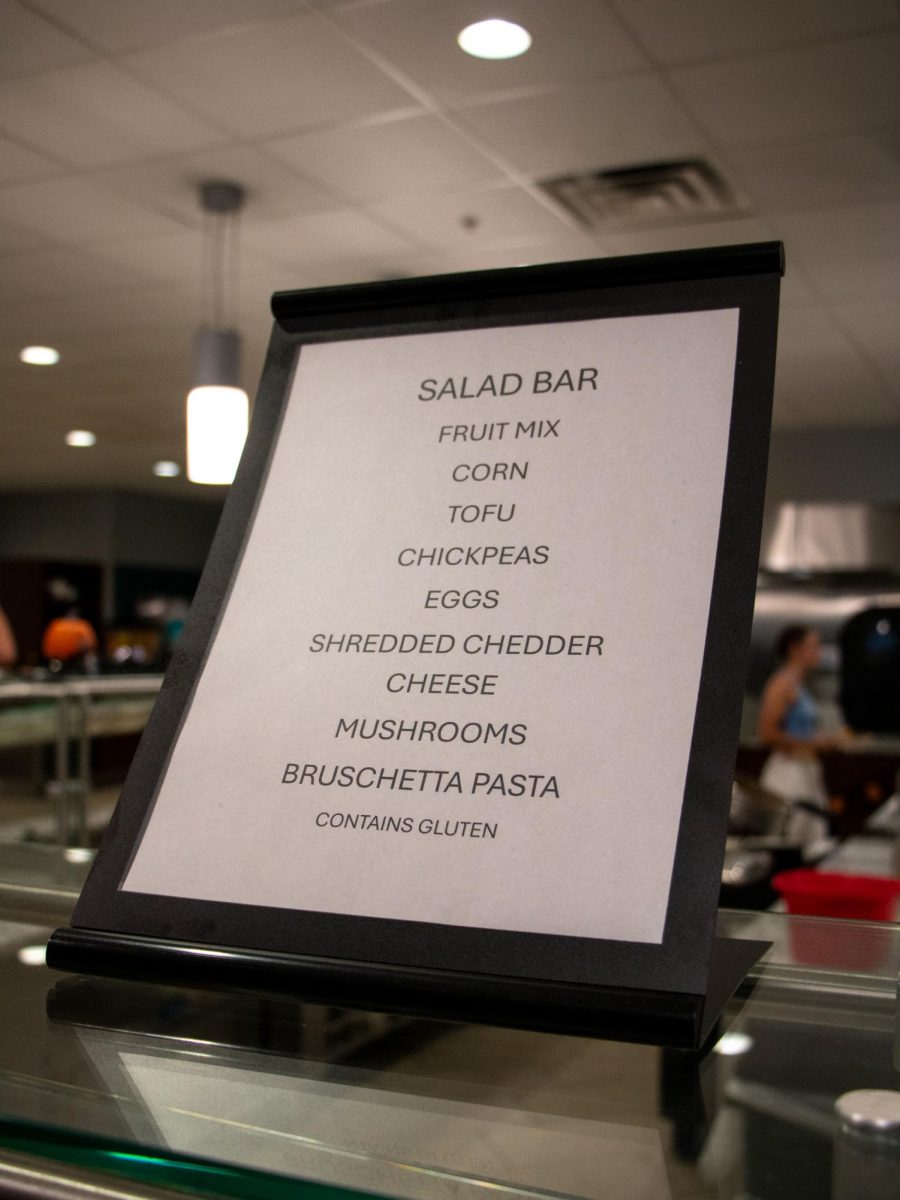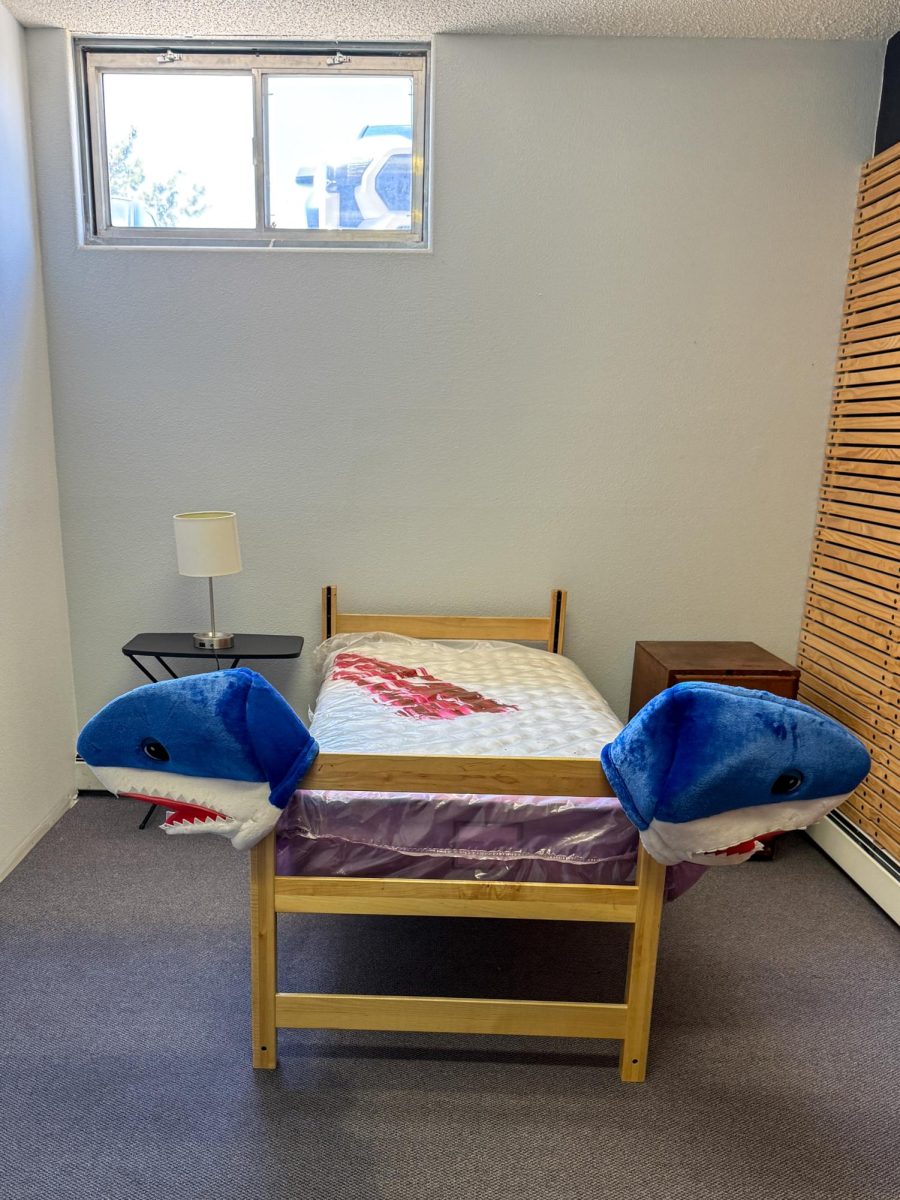Between heavy homework loads for classes, packed days running back and forth across campus and the constant state of living between quizzes and exams, not every student stops to consider their mental health.
The American Psychological Association said in an article released in 2022 that “By nearly every metric, student mental health is worsening. During the 2020–2021 school year, more than 60% of college students met the criteria for at least one mental health problem, according to the Healthy Minds Study, which collects data from 373 campuses nationwide (Lipson, S. K., et al., Journal of Affective Disorders, Vol. 306, 2022). In another national survey, almost three quarters of students reported moderate or severe psychological distress (National College Health Assessment, American College Health Association, 2021).”
Real Talk is an educational program that was developed to help Colorado Mesa University (CMU) students foster conversations about particularly trying or difficult topics.
“In conjunction with President Marshall’s vision for a Human Scale university, Real Talk allows Mavericks to sit down with one another to learn and discuss hard topics. The goal of the Real Talk committees are to build a better sense of belonging for all Mavericks on campus,” Real Talk’s website states.
Real Talk’s primary objective is to foster and develop a campus wide support system that is inclusive of students from every corner of the school. Their talk series includes three primary branches, one of which is specifically aimed towards tackling mental health issues and resources on campus.
“This series focuses on developing programming to form a culture of compassion and support on campus, where students feel comfortable talking about mental health and seeking help when needed. Through innovative and research-informed approaches, we will create a campus culture that promotes healthy behaviors, fosters a sense of community and acknowledges that mental well-being and academic success are connected,” Real Talk said.
Outside of Real Talk, CMU has a wide array of services available to students. The Campus Resource Hub on CMU’s website lists more than 30 different resources, ranging from food and nutrition to social services and mental and physical health.
The Student Wellness Center offers counseling with licensed and certified professionals, as well as peer-to-peer sessions for a $10 co-pay. Although it is easier for students to call ahead and schedule an appointment in advance, they are able to walk in and receive aid when needed.
The Wellness Center also provides health care and medical treatment, which can help limit factors leading to mental health crises.
Additionally, the National Alliance on Mental Illness (NAMI) has an official club on campus. They regularly do community outreach and engagement. They coordinate a variety of events to raise awareness for students’ mental health.
Students who attend NAMI events can learn self-care strategies as well as ways to start safe conversations with their peers about self-care and mental health.
“[Mental Health issues are] more common than you think and you are not alone, people just do not advertise it. Everyone should take care of their mental health since there are increased risks during college. Mental health is affected by the stress of college life. It can happen to anybody. Everyone has problems, stresses and challenges in life and sometimes need help to address them. More people than you realize are getting help. Everyone will experience a mental health issue at some point in their lives and need to be aware of it so it is not detrimental to their health,” NAMI said after publishing the results of a web based survey in 2011.
The Student Services office in Lowell Heiny Hall also has a few resources available for students. Their office includes a Student Health department, which is set up solely to provide answers to students who are not sure where to begin looking for help.
Director of Student Advocacy and Health Anna Lee Walker and Vice President of Services Jody Diers are in their offices from 9 am to 5 pm, Monday through Friday and lead a team of well trained staff members who are more than willing to help students as they begin to search out mental health resources on campus.
Students needing help should begin by reaching out to Student Services or the Student Wellness Center.















